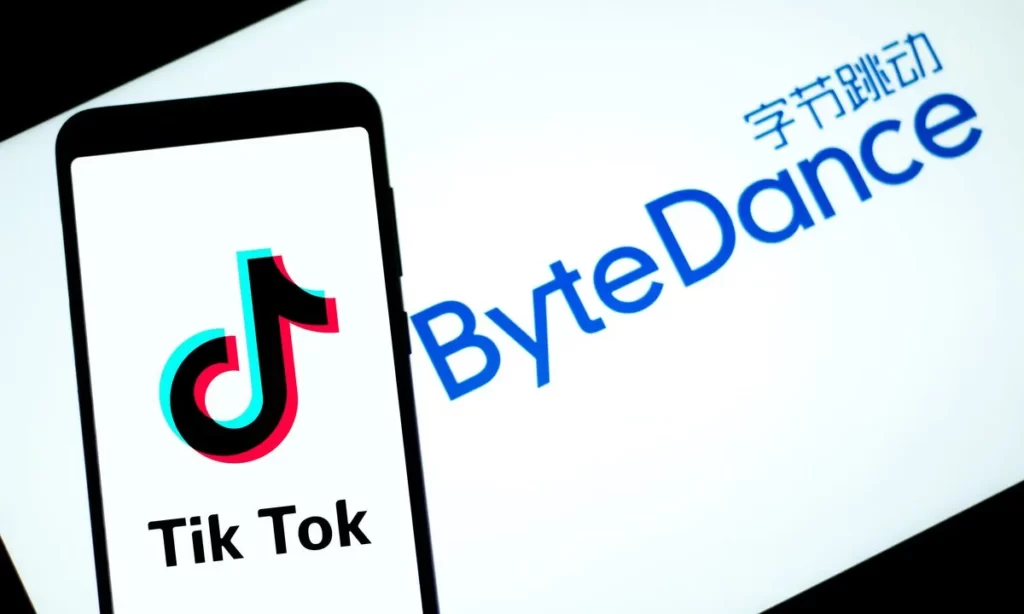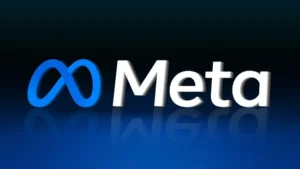Microsoft-backed OpenAI has taken the step of suspending ByteDance’s account following reports that the Chinese internet giant used OpenAI’s technology to develop its own large language model (LLM). The move raises concerns about potential violations of Microsoft and OpenAI’s developer licenses.
According to insights from The Verge, internal documents from ByteDance confirmed the reliance on the “OpenAI API” to develop its foundational LLM, known internally as “Project Seed.” The codename was reportedly used throughout the model’s development stages, encompassing training and evaluation processes.
The report also shed light on ByteDance’s internal conversations on Lark, the company’s communication platform, discussing strategies to “whitewash” evidence through “data desensitization.” ByteDance has yet to respond to these allegations.
OpenAI, in response, took swift action by suspending ByteDance’s account after it came to light that the company employed GPT (Generative Pre-trained Transformer) to train its own AI model. An OpenAI spokesperson emphasized the importance of adherence to usage policies, stating that although ByteDance’s use of the API was minimal, the suspension would remain in place while a thorough investigation is conducted.
The spokesperson further stated, “If we discover that their usage doesn’t follow these policies, we will ask them to make necessary changes or terminate their account.”
Allegedly, ByteDance has been violating the developer license agreements of both Microsoft and OpenAI by utilizing GPT-generated data to train a competing model within China. Earlier reports from June indicated ByteDance’s efforts to test an AI-powered chatbot, placing them in competition with Chinese giants Alibaba Group Holding and Baidu in the race to develop a Chinese version of ChatGPT.
In an additional development, Command Line reported that most of ByteDance’s GPT usage has occurred through Microsoft’s Azure platform, prompting questions about whether Microsoft will also follow OpenAI’s lead and suspend ByteDance’s access. We await Microsoft’s response to shed further light on the situation.








